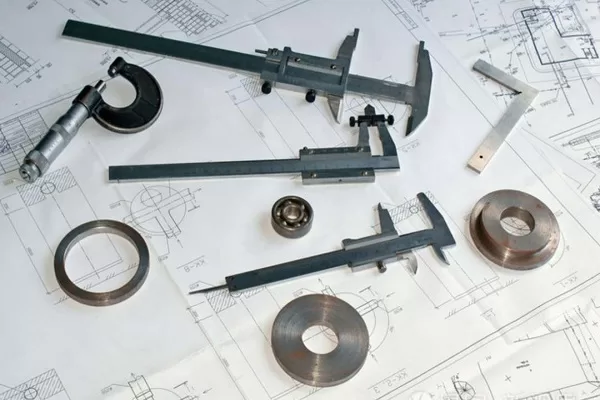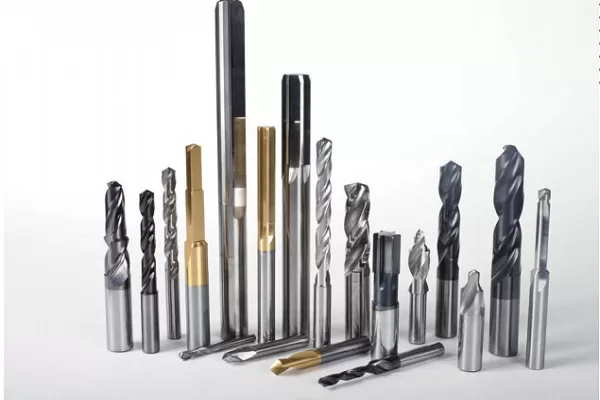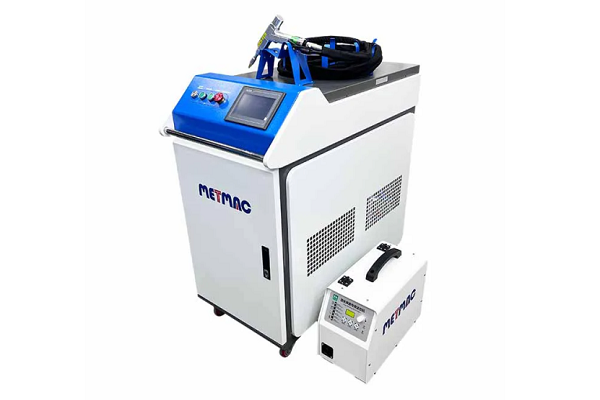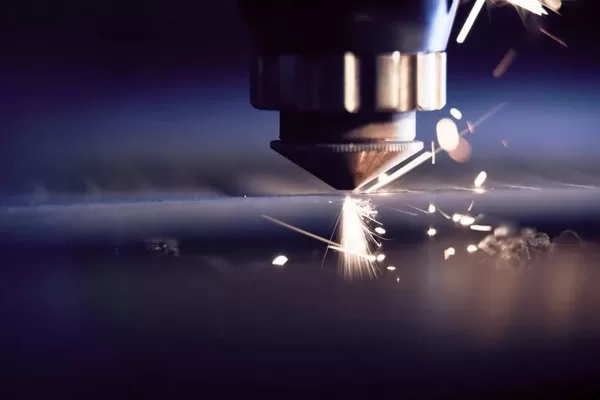
Customized Capabilities- Adapting Plate Rolling to Industry Demands
- By:Metmac
- 2024-05-14
- 52
In the ever-evolving industrial landscape, adaptability and customization have become essential for manufacturers to stay competitive. Plate rolling, a critical metal forming process, is no exception. Customized capabilities are transforming the plate rolling industry, empowering manufacturers to tailor their equipment to meet specific demands. This article explores the key aspects of customized capabilities in plate rolling and their profound impact on industry practices.
Enhanced Flexibility
Customized plate rolling machines offer unparalleled flexibility, allowing manufacturers to handle a diverse range of projects with ease. By incorporating adjustable roll configurations, varying diameters, and specialized attachments, manufacturers can adjust their machines to accommodate different plate thicknesses, widths, and shapes. This versatility enables them to seamlessly transition between projects, reducing downtime and increasing production efficiency.
Precision Control
Customization enables manufacturers to achieve unprecedented precision in their plate rolling operations. Advanced control systems, coupled with precision sensors and feedback loops, provide real-time monitoring and adjustment of roll parameters. This level of control ensures that plates are rolled to exact specifications, minimizing material waste and reducing the need for rework. The resulting high-quality products meet the stringent demands of various industries, including shipbuilding, construction, and energy.
Increased Productivity
Customized plate rolling machines are designed to optimize productivity through automated processes and advanced features. Automatic plate loading and unloading systems streamline material handling, reducing labor requirements and minimizing production bottlenecks. Additionally, roll shaping optimization algorithms determine the optimal roll configurations for each project, maximizing material utilization and reducing cycle times. These enhancements collectively contribute to increased productivity and lower operating costs.
Custom Roll Design
One of the most significant advantages of customized capabilities is the ability to design custom rolls. Manufacturers can create rolls with specific profiles and grooves to meet unique application requirements. This enables them to produce complex shapes, tight radii, and custom bends that would otherwise be impossible to achieve. Custom roll design opens up new possibilities for product development and innovation, allowing manufacturers to cater to specialized niches and meet the most demanding industry standards.
Conclusion
Customized capabilities are revolutionizing the plate rolling industry, empowering manufacturers to meet the evolving demands of diverse applications. By enhancing flexibility, precision control, and productivity, customized plate rolling machines enable manufacturers to reduce costs, improve quality, and increase efficiency. The ability to design custom rolls further unlocks new possibilities for product development and innovation, allowing manufacturers to stay competitive and thrive in the competitive industrial landscape. As the industry continues to evolve, customized capabilities will undoubtedly play a pivotal role in shaping its future.
-
The Advantages of Using a Sheet Roll Forming Machine in Manufacturing
2024/09/14 -
How to Optimize Your Laser Sheet Cutting Machine for Maximum Performance
2024/09/12 -
How to Maximize Efficiency with Modern Sheet Metal Working Machines
2024/09/04 -
The Environmental Benefits of Using Duct Board Grooving Machines
2024/09/03
-
A Guide to the Latest Innovations in Sheet Metal Folding Machines
2024/11/29 -
Key Features to Consider When Investing in a Sheet Metal Folding Machine
2024/11/28 -
Enhancing Precision with Advanced Sheet Metal Folding Machines
2024/11/27 -
How to Choose the Right Sheet Metal Folding Machine for Your Workshop
2024/11/26



